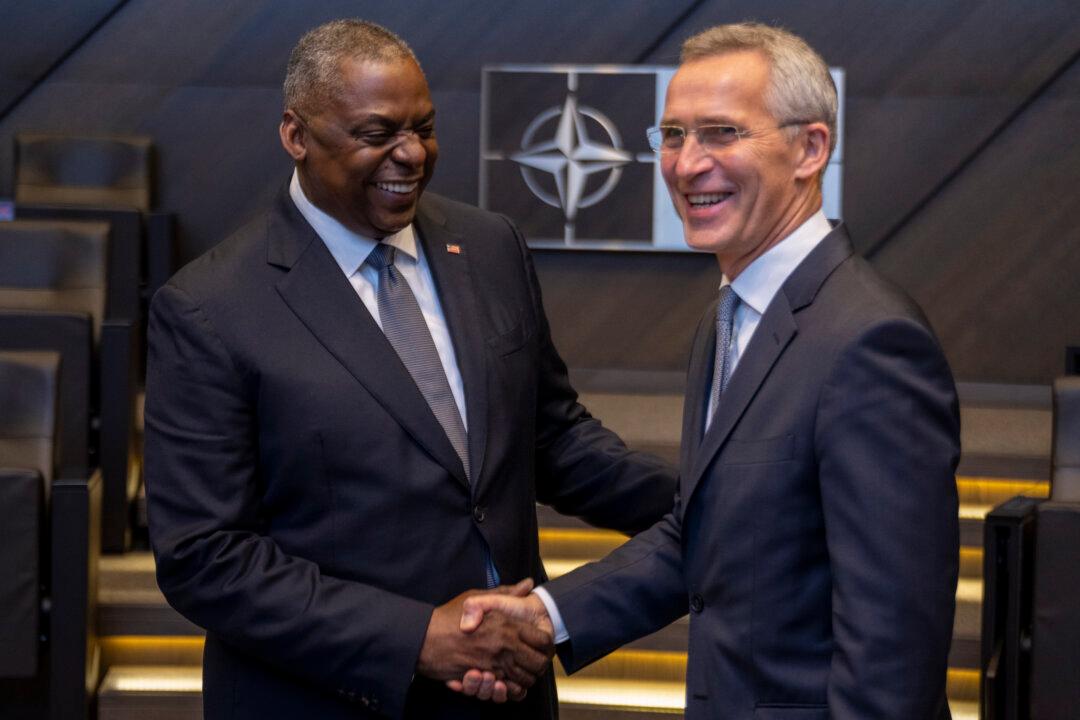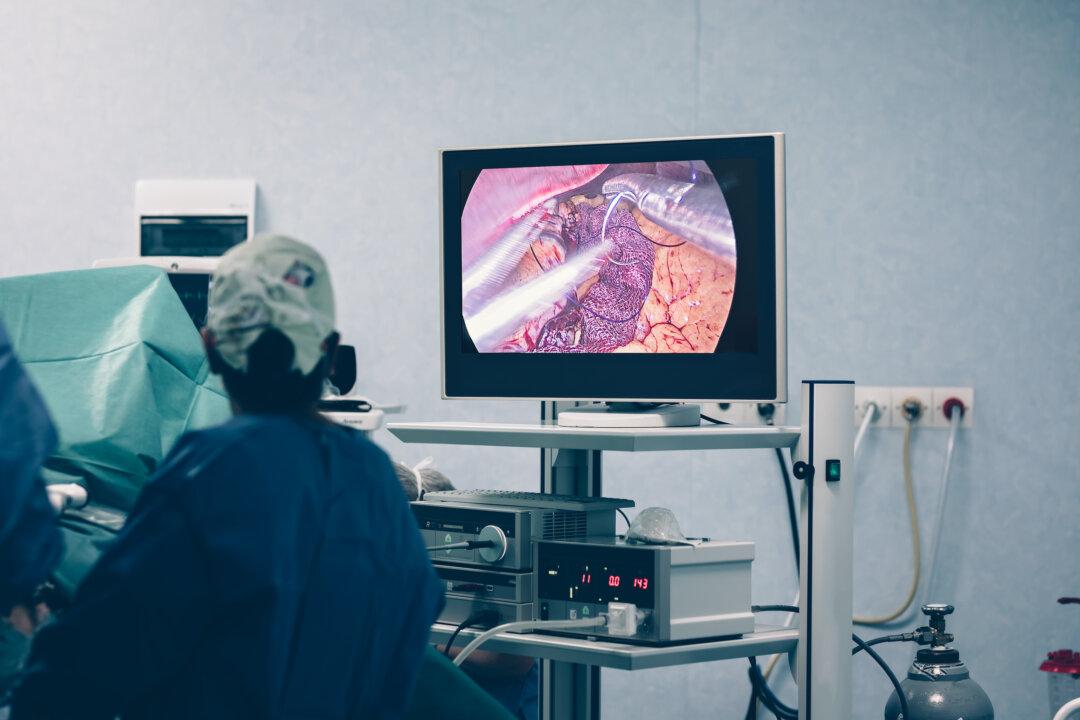During the two-day ministerial meeting in Brussel, Belgium, both Defense Secretary Lloyd Austin and NATO leaders stressed unity to deal with the current challenges, including threats from the Chinese communist regime.
The ministerial meeting was the first one conducted in person since the COVID-19 pandemic. Austin attended the meeting after visiting the Black Sea region—Romania, Ukraine, and Georgia—earlier this week.





